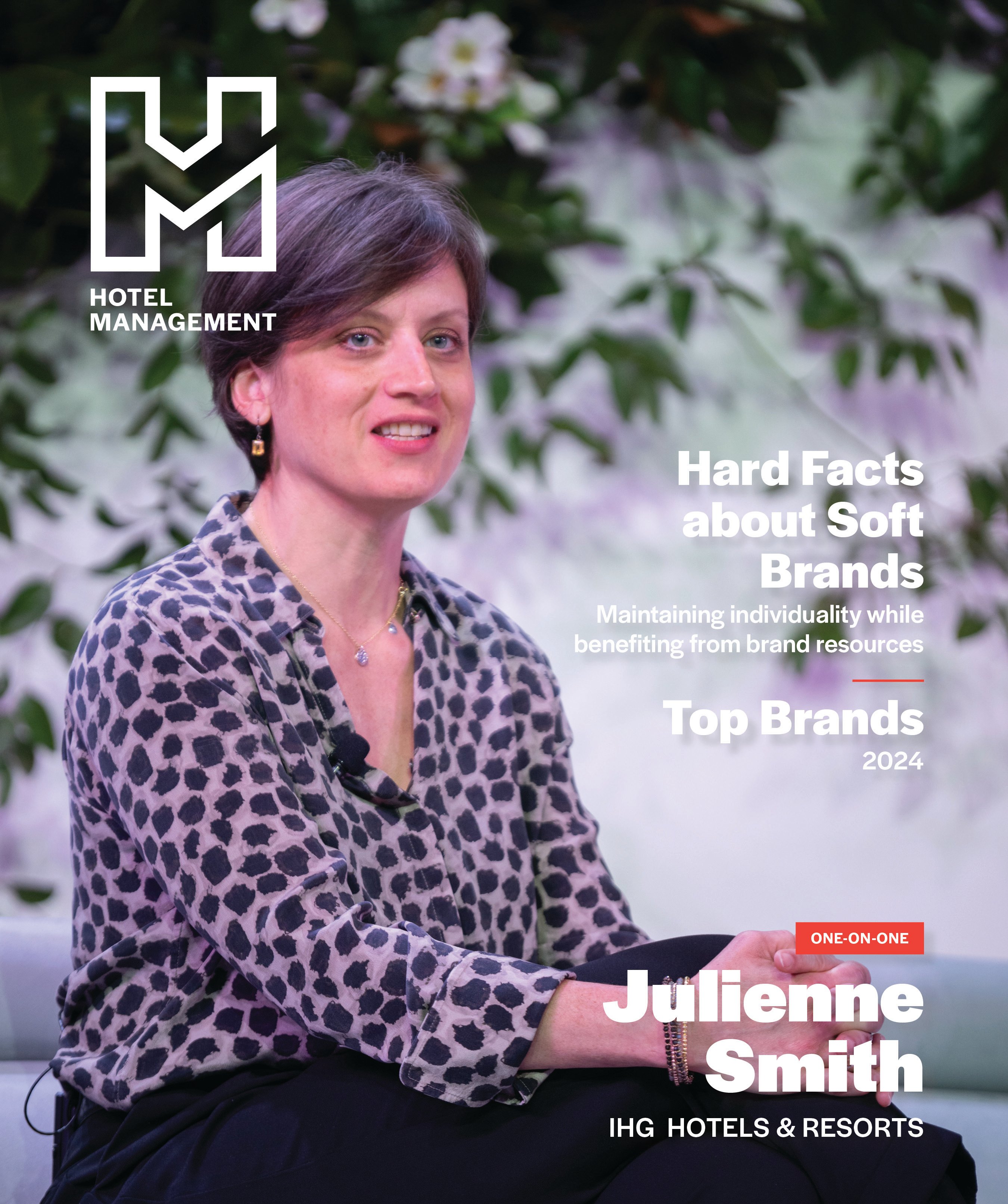NEW YORK — Jonathan Tisch, chairman and CEO of Loews Hotels & Co., kicked off the 44th Annual NYU International Hospitality Industry Investment Conference this morning by focusing on the future of a reimagined travel industry. In his opening remarks, Tisch called upon industry leaders to position travel as both an economic driver and an essential component of the post-pandemic world.
While the overall recovery is “good news for our industry,” Tisch noted that it is uneven. “Business and international travel are still lagging,” he said. “Workforce challenges have put pressure on the entire system. Interest rates are going up. The market is volatile. And meanwhile, the threat of new COVID variants looms large.”
All of this means the future of hospitality depends on the industry’s ability to demonstrate its value, he said. “Travel is not discretionary,” he said. “It’s essential.” Calling travel “the antidote to isolation and tribalism,” he said the overall industry “has tremendous potential to connect us—to each other, to ideas and to opportunity.”
Innovation, Reinvention and Talent
Improvement will require “constant innovation, reinvention and—most of all—talent,” Tisch said, and noted the ongoing worker shortage in the industry. A Bloomberg survey from last year found that 50 percent of all hospitality workers do not plan to return to their jobs, and a third said they would not come back to the industry under any circumstances. Causes for these departures can range from pandemic-related burnout to “the allure of jobs at warehouses where hourly pay is competitive even when daily life is bleak” to a perceived lack of upward mobility, according to Tisch. “Entry-level jobs in our industry have historically been seen as just that: jobs,” he said. “We have to demonstrate that, in fact, these are launch pads for careers.”
As such, he continued, hoteliers have to recognize the value of every worker, rewarding everyone who contributes to a property or company’s success: “We have to give current and future team members the opportunity to see themselves as an integral part of a bigger whole,” he said. To that end, leaders should offer competitive compensation as well as “benefits that allow people to bring their whole selves to work,” including flexible work arrangements (especially important for women, Tisch noted) and opportunities for professional development and growth.
“By connecting people to each other, to ideas, and to opportunity, we can demonstrate just how essential we are—not just in spite of the challenges of the past several years, but because of them,” Tisch concluded. “No matter where you sit in the travel ecosystem—whether you’re an investor, a hotelier, an architect, a builder or a student who will determine the future of our industry—you’ll play a role in this effort.”

